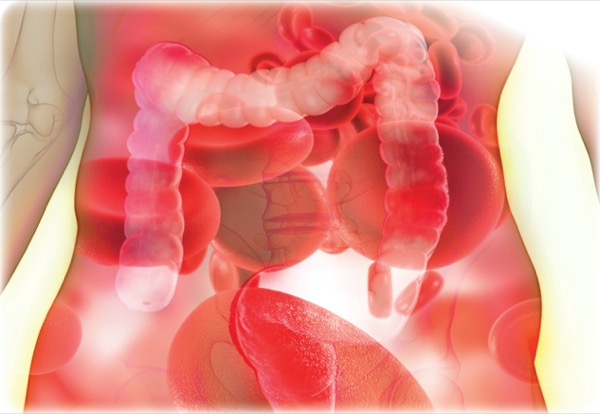What is Diverticulitis?

- colondigestive
- March 4, 2024
- 1:18 pm
- No Comments
Diverticula are small bulging pouches that can form in the lining of your digestive system. They are found most often in the large intestine (colon). Diverticula are common, especially after the age of 40, and rarely cause problems.
The presence of diverticula is called diverticulosis. When one or more of the pouches become inflamed and, in some cases, infected, that condition is called diverticulitis. Diverticulitis can cause severe abdominal pain, fever, nausea and change in bowel habits.
Symptoms
The signs and symptoms of diverticulitis include:
- Pain, which may be constant and persists for several days. The pain can be in any location in the abdomen but usually it is in the left lower side of the abdomen.
- Abdominal tenderness.
- Nausea and vomiting.
- Fever.
- Constipation and less commonly diarrhea.
Causes
Diverticula develop when weak places in your colon give way under pressure. This causes marble-sized pouches to protrude through the colon wall.
Diverticulitis occurs when diverticula tear, resulting in inflammation and in sone cases, infection.
Risk factors
Several risk factors increase your risk of developing diverticulitis:
Aging. The incidence of diverticulitis increases with age.
Obesity. Being overweight increases your risk of developing diverticulitis.
Diet low in fiber and high in animal fat. A low fiber diet in addition to high animal fat diet increases the risk.
Lack of exercise. Sedentary lifestyle increases the risk of developing diverticulitis.
Smoking. People who smoke cigarettes and more likely to develop diverticulitis than nonsmokers.
Complications
Complications of acute diverticulitis include:
- An abscess, which is collection of pus in the pouch.
- A blockage in your bowel caused by scarring.
- An abnormal passageway (fistula) between sections of the bowel or the bowel and other organs
- Peritonitis, which can occur when the infected pouch ruptures, spilling intestinal contents into your abdominal cavity. Peritonitis is a medical emergency and requires immediate care.
Prevention
To help prevent diverticulitis:
Eat more fiber. A high fiber diet decreases the risk of diverticulitis. Fiber rich foods are fresh fruits and vegetables and whole grains. Eating seeds and nuts is not associated with developing diverticulitis.
Drink plenty of fluids.
Exercises regularly.
Avoid smoking.
© 2024 All Rights reserved © 2024 by Colon & Digestive Health Specialists

